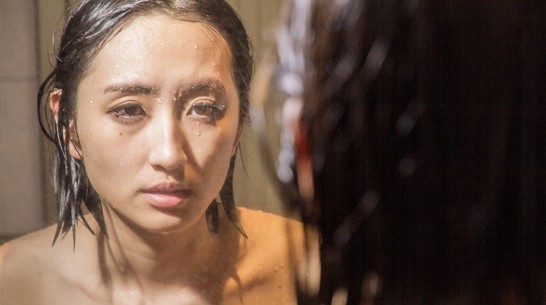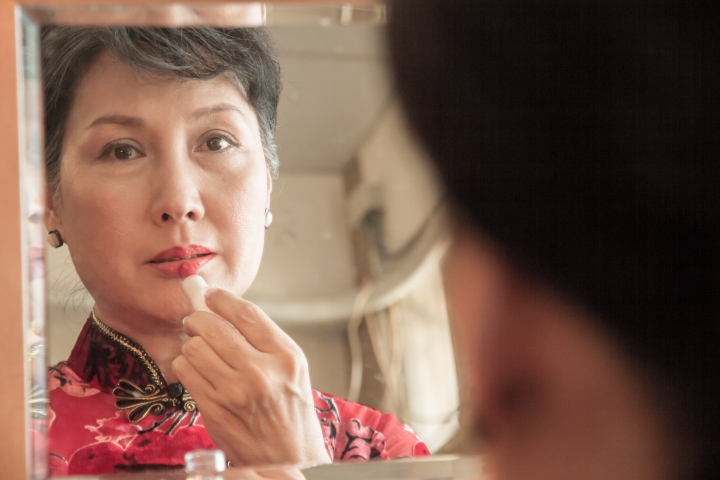Directed by Eric Hsu (Hsu Li Da)
Screenplay by Eric Hsu (Hsu Li Da)
What is it that we know about love?
This is the question that begs to be known in Hsu Li Da’s second feature film The End of Love. We follow the lives of four contemporary couples at the beginning and or at the brink of their love lives. The key here is simplicity. One looks at The End of Love and it becomes an immediate favourite for its stylish honesty.
The film starts off with a man and a woman, whose meeting fits well for the film’s first and last scenes. She lingers a look with what seems to beg for answers (as we are), his on the other hand are filled by a profound look of contemplation. The kind of characters that we find in The End of Love are nothing like the usual ensemble cast of characters trying to explain what love is, which is usually portrayed through various gimmicks and pretentious styles. These characters are real, and each story unfolds naturally like we’ve all met these characters before.
An old man meeting his childhood crush at an elderly home; a troubled married couple whose misplaced feelings about their marriage makes them desperate for having a baby; a millennial couple with different priorities: one fighting for his community as an activist, the other working as a bar-girl to sustain the economic status of their relationship; and a student falling in love with his former teacher.
Hsu writes the screenplay as raw and as metaphysical as it could be. During the first few scenes, the married woman discusses briefly her trip to the doctor. The husband invites her for a shower, and she coldly answers “We’re not young anymore”, the same line to be used by the husband as a representation for both of their selfishness and insecurity towards their marriage.
The film’s slow, unhindered scenes offer subtle representations of social issues, death, love, and family. Is this the end of love? One must ask. And oftentimes the question and its answers are always present for us to find out. I find that the ending was left open; perhaps Hsu unknowingly left it there for us to find versions of our own.
This review first appeared on Film Police Reviews.


